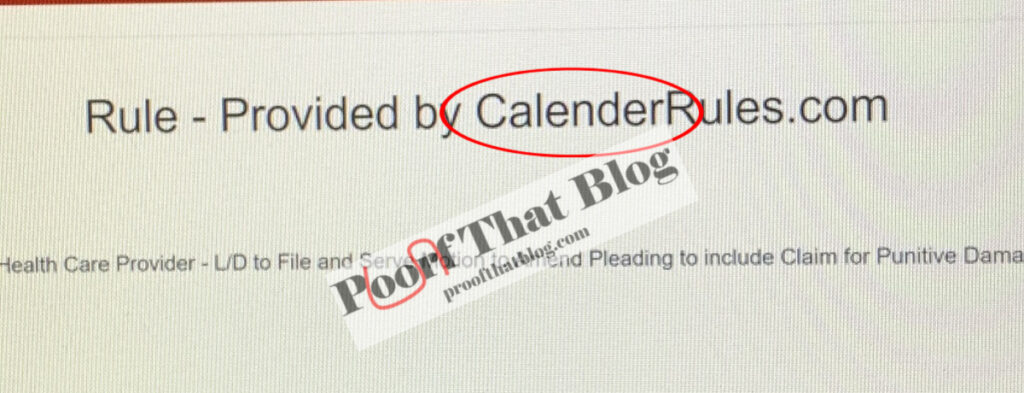More material from “Breaking News” stories from my local news station. When you’re talking about something that is very different from something else, it should be in stark contrast to. They just got that all wrong and it was how the story started.
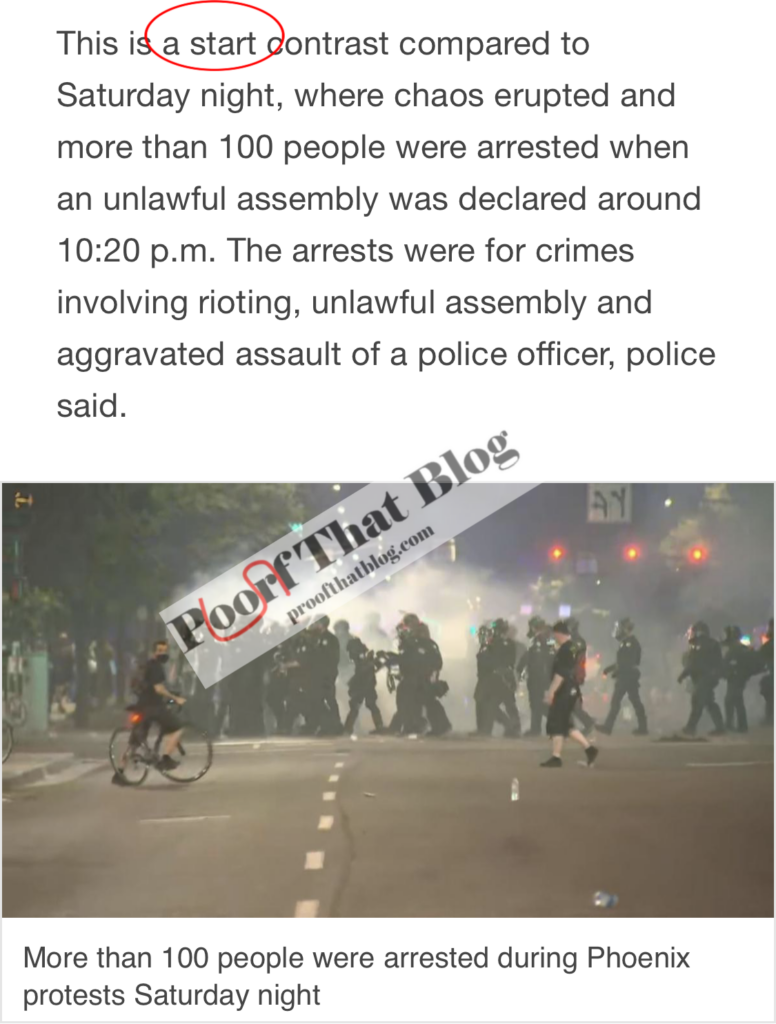
More material from “Breaking News” stories from my local news station. When you’re talking about something that is very different from something else, it should be in stark contrast to. They just got that all wrong and it was how the story started.

The pandemic created a special update to the Merriam-Webster.com dictionary. The new words include COVID-19 and social distancing. They also include these related words and definitions:

New technology words include deepfake: an image or recording that has been convincingly altered and manipulated to misrepresent someone as doing or saying something that was not actually done or said.
An informal pronunciation spelling has turned up in the dictionary as “finna” meaning “fixing to” do something.
And my favorite of the short list I saw is truthiness: a seemingly truthful quality not supported by facts or evidence.
It’s always good to look up words you haven’t seen before or aren’t sure of their meaning in a dictionary. Learn every day. It is so easy with the ability to get dictionary definitions from Merriam-Webster, Oxford, and other reputable dictionaries on a cell phone that it doesn’t make any sense not to understand what a word means so you can use it correctly.
In celebration of my wedding anniversary today, I found this gem on the internet. It was one of many examples of cake decorators who get the instructions wrong or just plain can’t spell or, worse yet, both!
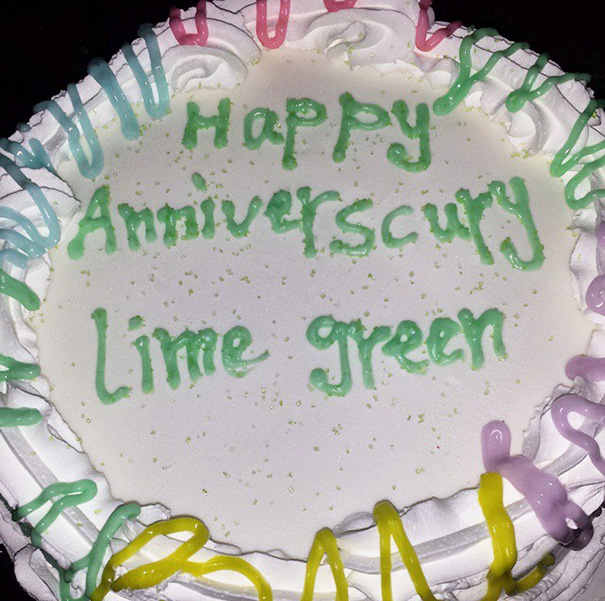
Facebook Marketplace is a plethora of content for Grammar Giggles. Please understand that I am not making fun of people for making mistakes, I’m using those mistakes as a teaching mechanism for proofreading E V E R Y T H I N G! That said, I found this on Facebook Marketplace recently. I understand that the “e” and the “w” are right next to each other on the keyboard, but can we at least look at what we are posting before we actually hit “post”? Or at least edit it afterward if we notice it later?
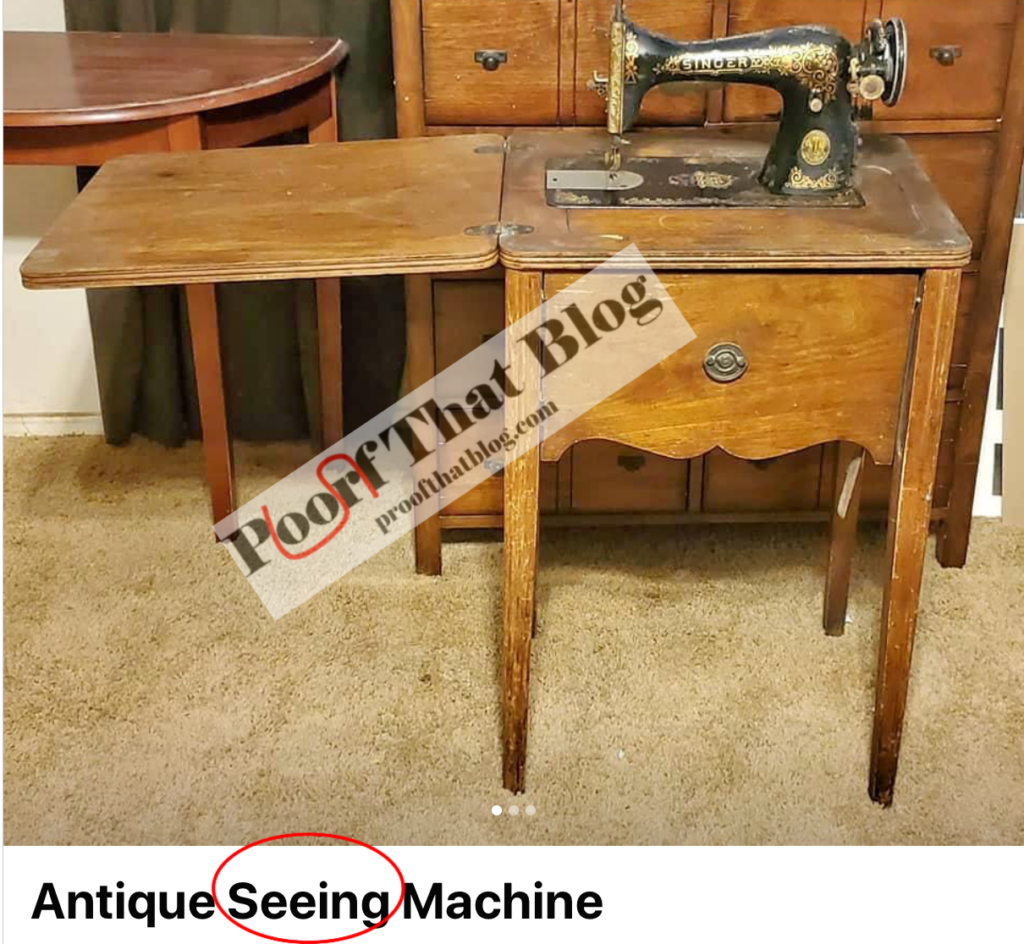
This was an example of a local business trying to help out a local eatery. While that is commendable, getting the name of the business correct is important.
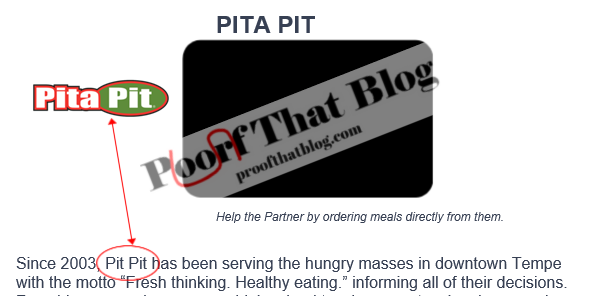
My daughter found this one on Facebook, but as awful as it is, it is believable. I hope the machine becomes convinced to make milkshakes again soon once the maintains are over, but thanks for the apologists!
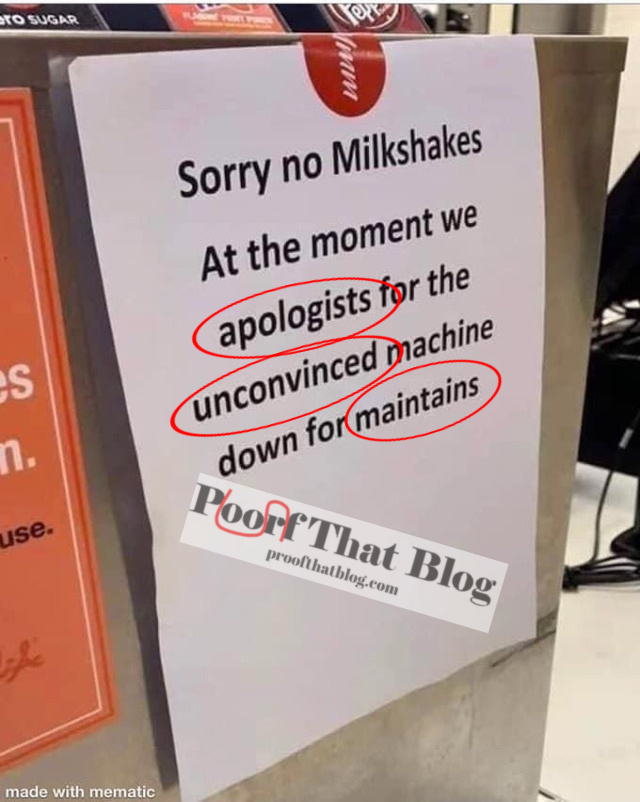
I saw this one while I was waiting for the next round of a game on my phone this weekend. I am usually annoyed by these things, but I wanted to capture a picture of this one because I have made that error before (and wrote about it here)
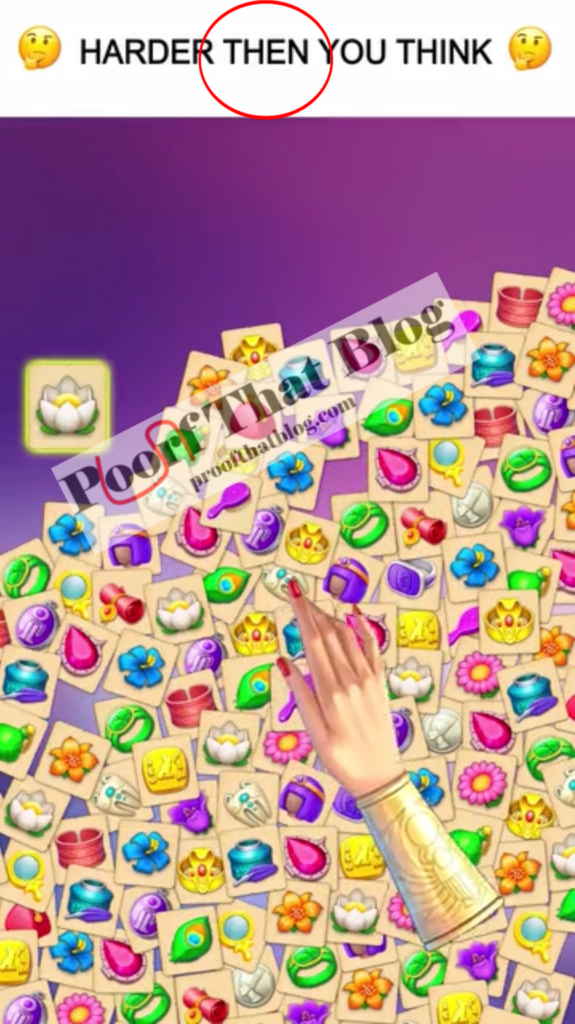
This was a local news story and although I feared the apostrophe in “his” was something on my phone, it was not. And then I found the second error. Tucson, Arizona, is spelled “T U C S O N,” although it is frequently misspelled. But for an Arizona news station to misspell it–in the same article that they added an apostrophe to “his”–is inexcusable. “His” doesn’t need an apostrophe because the word itself means that it belongs to him so there is no other possessive for HIS apartment.
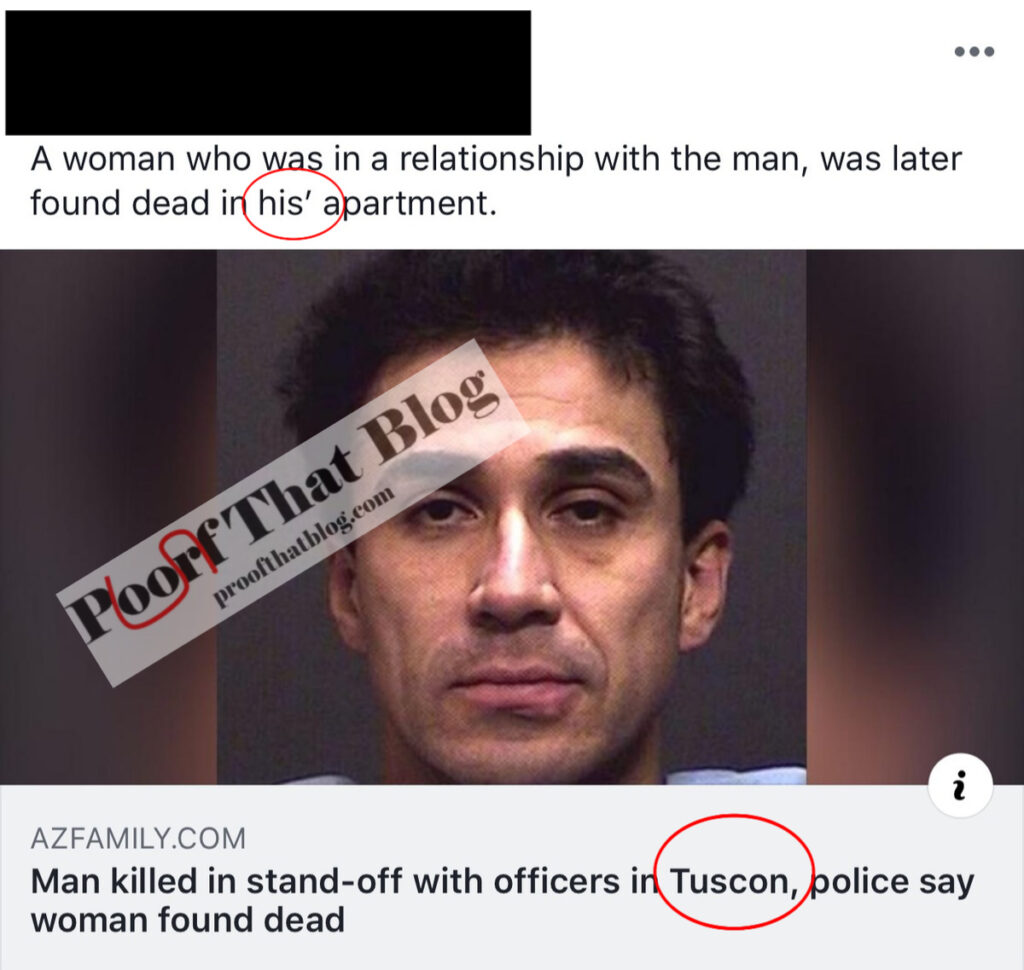
It’s time for “PTB Confusing Words” where I take a set of two or three words that get confused and give you definitions and try to give you a memory trick to help you remember when to use which word. If you have words that confuse you, use the Ask PTB tab on the website or send an email to proofthatblog@gmail.com and they may appear here soon!
This week’s words are:

Memory tips:
We recently had a sales pitch for a new docketing/calendaring program when I caught this one. At first, I thought maybe it was an intentional misspelling that had something to do with a trademark, but, alas, when I went to the website, “calendar” was spelled correctly, so it was just the pitch that was misspelled. I see a lot of errors in PowerPoint presentations and other presentation materials. That is one where it is really important to have other people proofread it since you know what it is supposed to say, so you “see” it that way, but someone else might not. In any event, it is important to proofread your presentation materials–both visual and your handouts.
